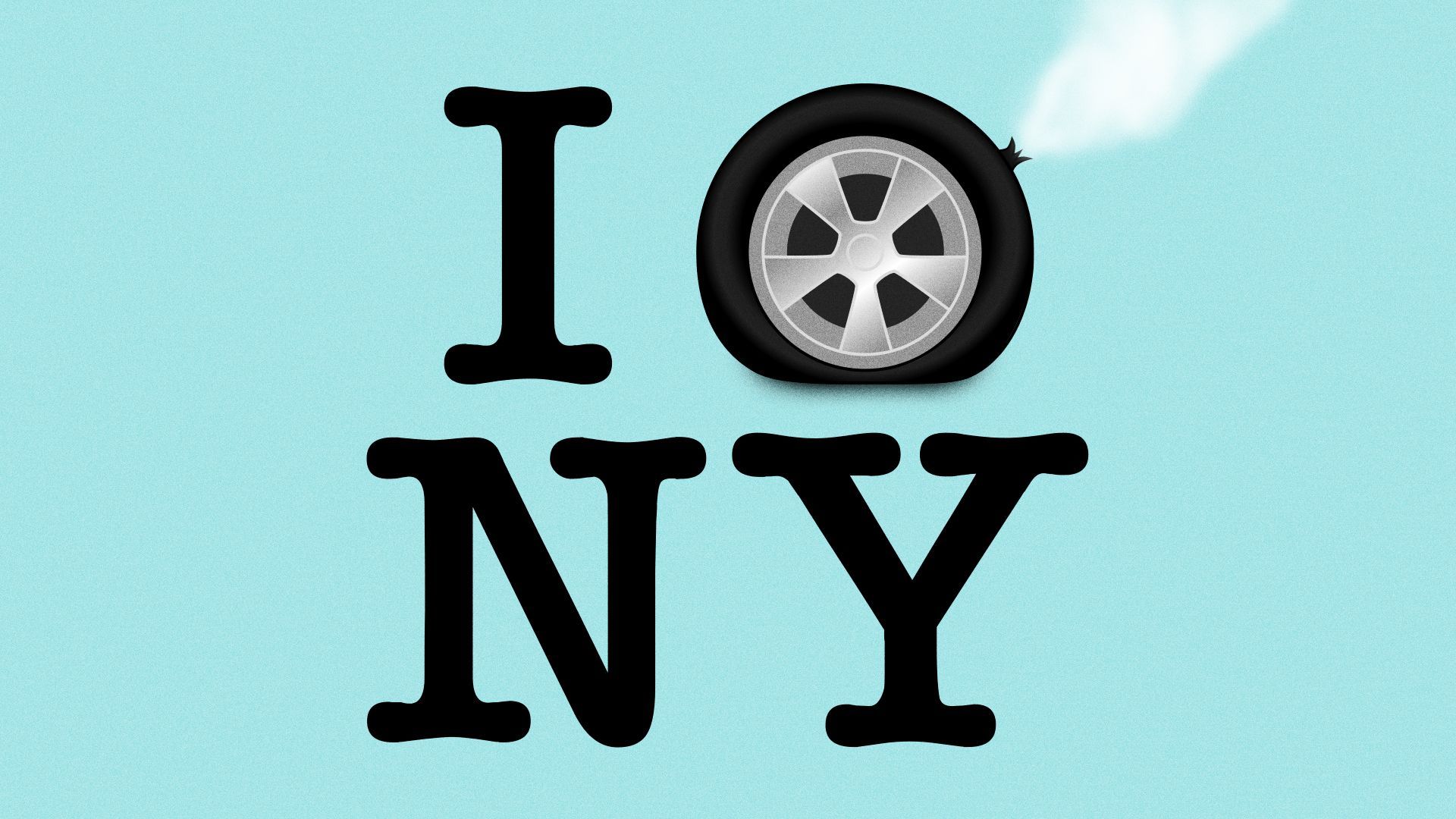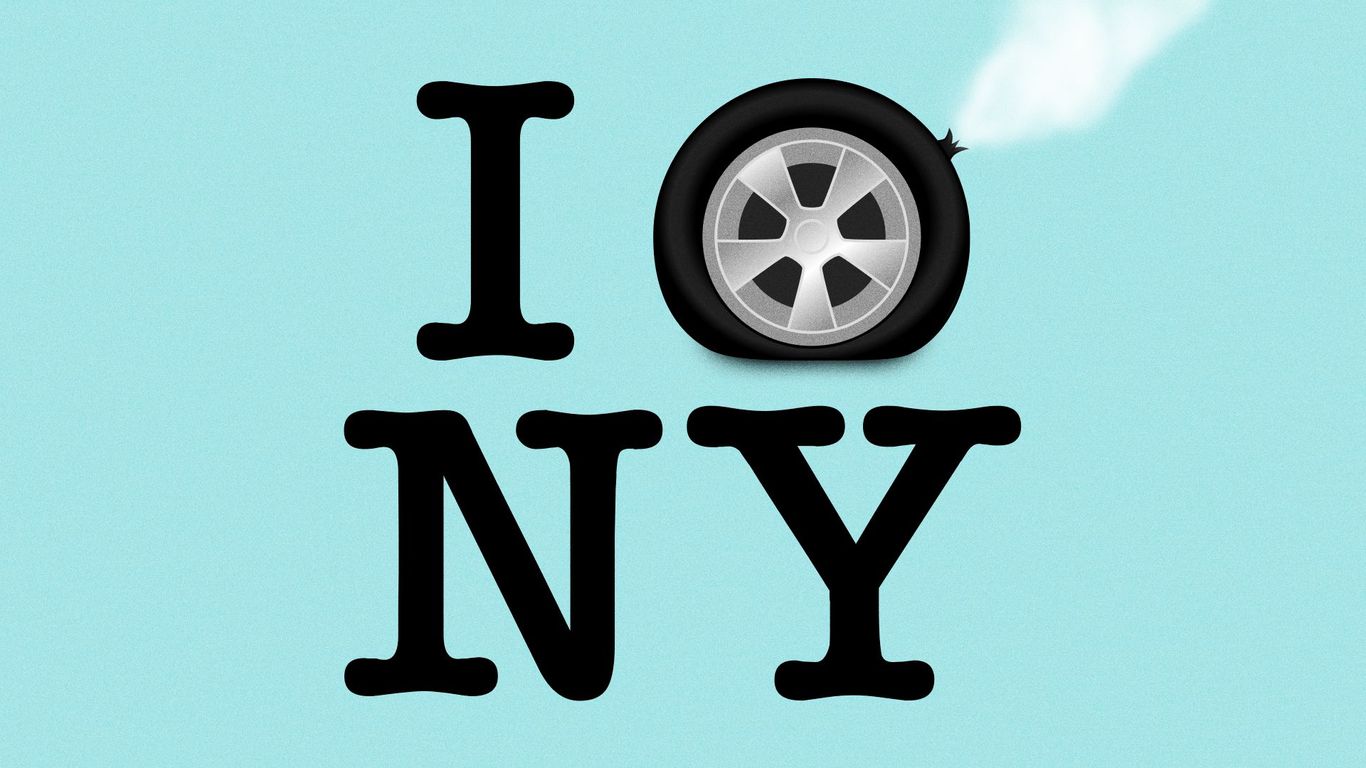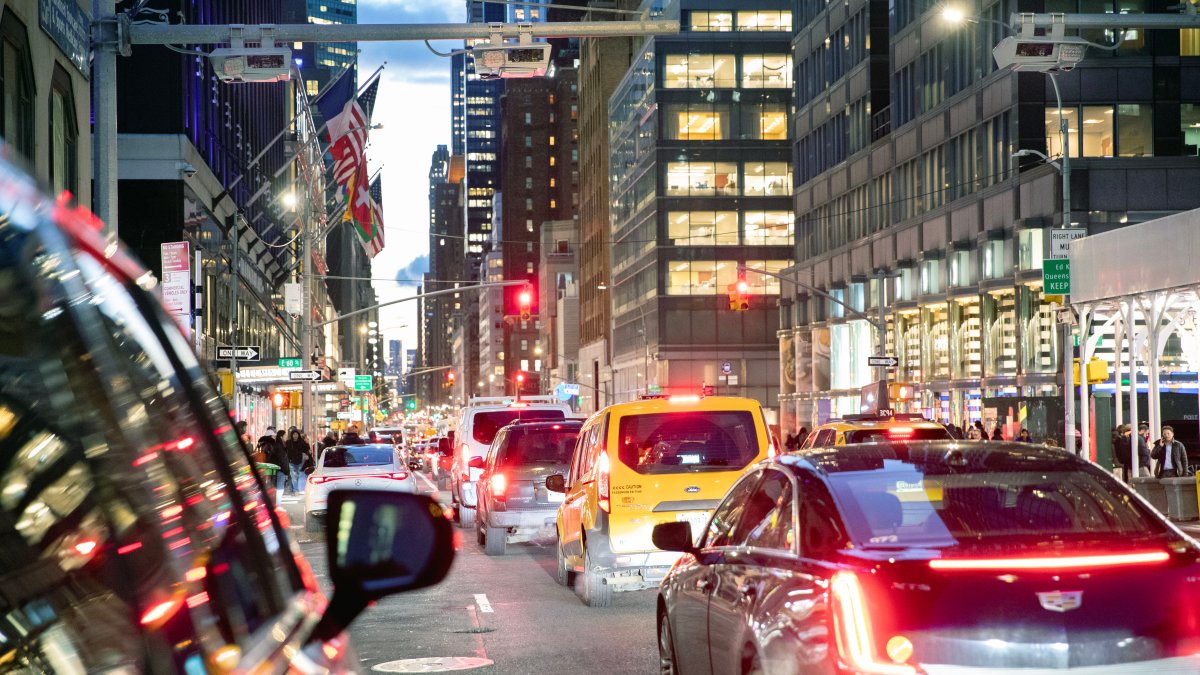
Governor Kathy Hochul of New York recently announced an indefinite pause on the implementation of congestion pricing in Manhattan. This decision came after vocal opposition from state senators and concerns about the potential adverse effects on working- and middle-class families, particularly those residing in Long Island and Southern Brooklyn (Source 1).
The MTA had planned to charge vehicles $15 for entering Manhattan below 60th Street during peak hours. The revenue generated from this toll was projected to fund transportation repairs and upgrades, as well as reduce traffic and improve air quality (Sources 2-4). However, the governor's decision has left some questioning the future of this first-in-the-nation congestion pricing plan.
State Senator Monica R. Martinez expressed her support for emissions reduction but emphasized that it should not be achieved by driving residents out of the city (Source 1). Similarly, State Senator Jessica Scarcella-Spanton voiced concerns about the impact on her constituents in Southern Brooklyn (Source 1).
The transit workers union also weighed in, warning the MTA that it was not ready to impose congestion pricing without added benefits for working people (Source 3). Local union members are planning a rally at their headquarters in Brooklyn to call on MTA CEO Janno Lieber to make necessary improvements to the transit system (Source 3).
The pause on congestion pricing comes as President Biden's Inflation Reduction Act rests largely on tax incentives instead of fees due to political hurdles (Source 5). The looming tolls were expected to generate $1 billion annually, which could have significantly benefited the cash-strapped MTA and contributed to transit modernization and environmental sustainability (Sources 2-4).
The governor's decision has left some wondering about the future of congestion pricing in New York City. The pause may provide an opportunity for further discussion on how best to address Manhattan's traffic woes, fund transit improvements, and reduce emissions without burdening economically-strapped commuters.






